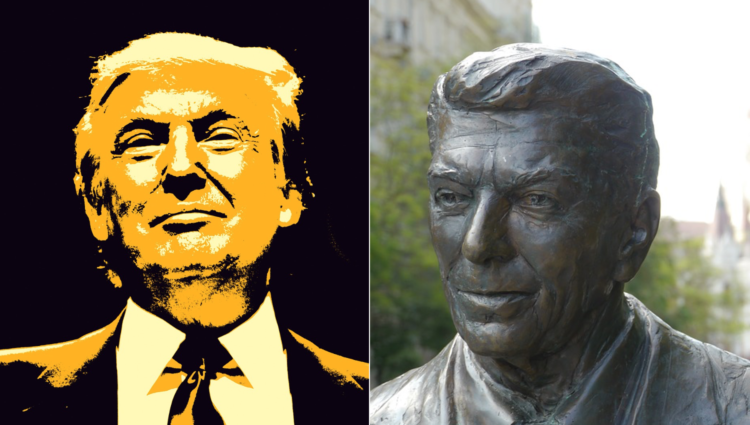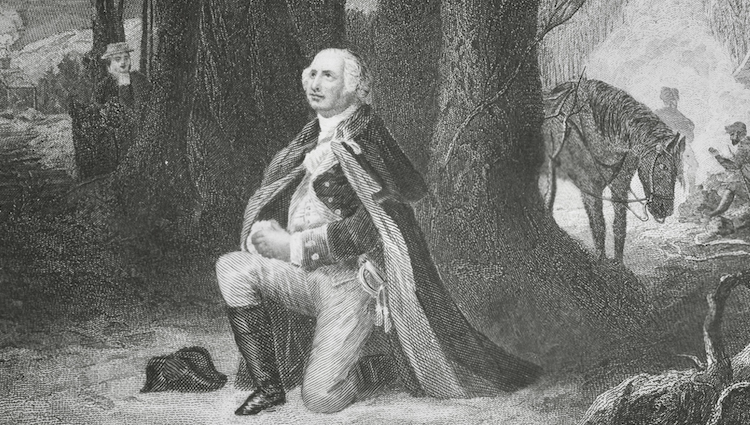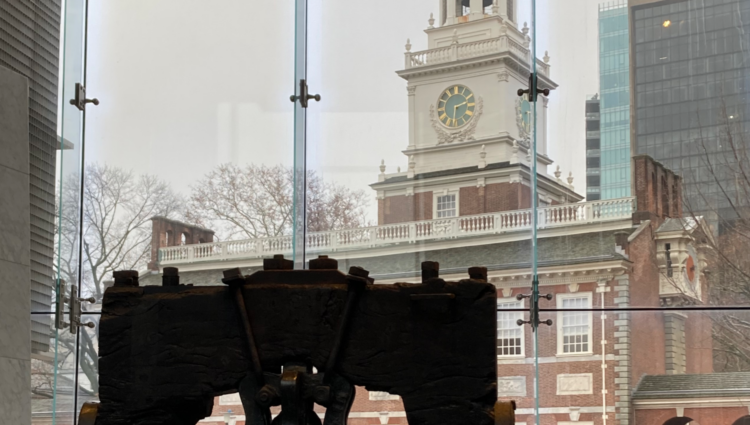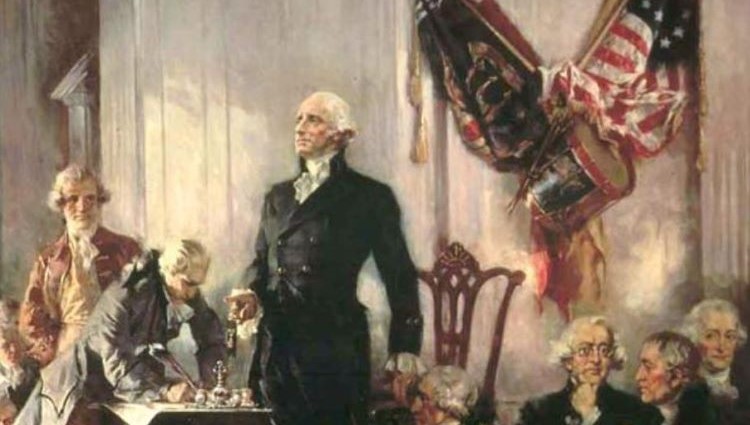Trump Was No Reagan?
According to Frank Lavin in “National Review,” Donald Trump was no Ronald Reagan. But if Reagan had been forced to deal with frequent attacks and calls for assaults from adversaries like Trump’s, wouldn’t his approval rating and his temper have taken a hit too? National Review has found yet another reason to hate Trump, whom [...]






